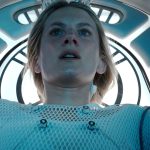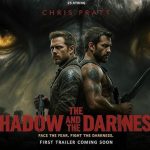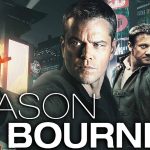🎬 Star Wars: The Empire Strikes Back (1980)
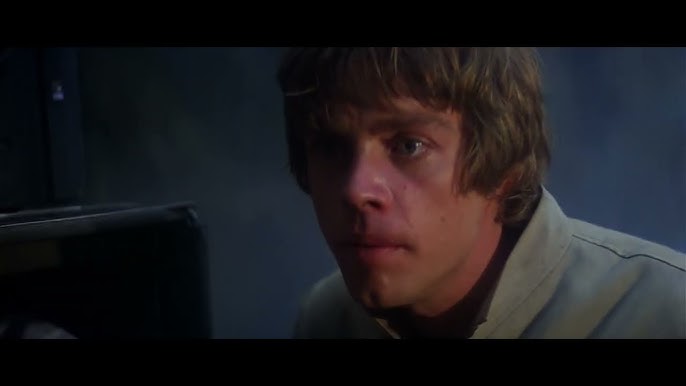
🎬 Star Wars: The Empire Strikes Back (1980)
Released in 1980, Star Wars: The Empire Strikes Back is often hailed as not only one of the greatest sequels in film history but also as a groundbreaking achievement in the science fiction genre. Directed by Irvin Kershner and written by Leigh Brackett and Lawrence Kasdan, this second installment in George Lucas’s Star Wars saga raised the stakes for the franchise while taking its characters, story, and visual effects to new heights. The Empire Strikes Back stands out for its darker tone, emotional depth, and unforgettable twists, making it a classic that has influenced countless films and continues to captivate audiences across generations.
Following the success of the original Star Wars film in 1977, The Empire Strikes Back had the daunting task of living up to its predecessor’s legacy. The film takes place three years after the events of A New Hope, with the Rebel Alliance in hiding after the destruction of their base by the Empire. As Darth Vader (played by David Prowse, voiced by James Earl Jones) and his forces continue their pursuit of Luke Skywalker (Mark Hamill), Han Solo (Harrison Ford), Princess Leia (Carrie Fisher), and the rest of the Rebel crew, the characters are faced with personal and external challenges that put their relationships and the survival of the Rebellion to the test. The stakes are raised as the Empire closes in, leading to a thrilling and often painful journey that shifts the tone of the saga.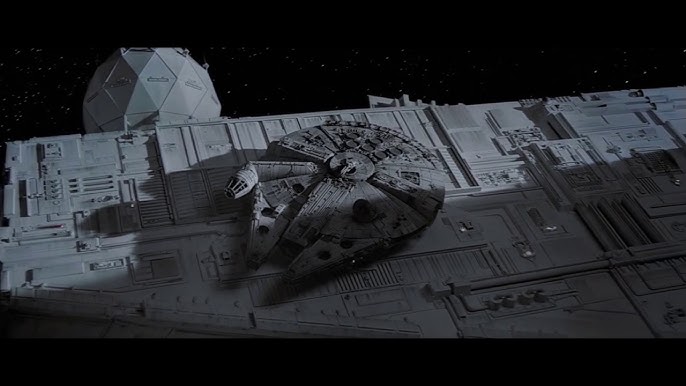
At its heart, The Empire Strikes Back is about the evolution of its main characters. One of the most significant developments is Luke’s journey toward becoming a Jedi. His training with Jedi Master Yoda (Frank Oz) on the swampy planet of Dagobah represents not only a physical test of his abilities but also an emotional and philosophical one. Luke’s struggle to balance the teachings of the Force with his desire to save his friends provides an emotional depth that was missing from the original film. His confrontation with Darth Vader on Cloud City, where he learns one of the most shocking truths in cinematic history, marks a pivotal moment in both his personal arc and the larger narrative of Star Wars.
Leia’s development in The Empire Strikes Back also stands out, as she is no longer just a princess or diplomat but a strong, determined leader fighting for the Rebellion’s survival. Her relationship with Han Solo, once playful and antagonistic, grows deeper throughout the film, laying the groundwork for the romance that blossoms in Return of the Jedi. Han, meanwhile, continues to be the charming and roguish smuggler audiences fell in love with in A New Hope, yet in The Empire Strikes Back, we see a more vulnerable side of him as his loyalty to his friends and his growing feelings for Leia come into focus. His decision to put himself in harm’s way for the sake of the Rebellion is a key moment that enhances his character’s emotional depth.
The relationship dynamics in The Empire Strikes Back are more complicated and rich than in the first film, which makes the stakes higher. The deepening relationships between Leia, Han, and Luke, as well as their individual growth, show a remarkable departure from the simpler hero-versus-villain narrative of A New Hope. The emotional struggles and personal sacrifices that the characters face elevate the film’s impact, making it not just a battle between good and evil, but a reflection on love, loss, and the consequences of one’s choices.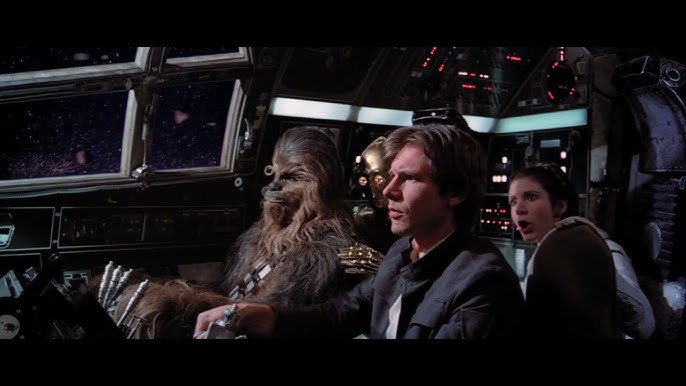
One of the most striking aspects of The Empire Strikes Back is its darker and more somber tone. Whereas the first Star Wars film was marked by hope and optimism, this sequel is characterized by a sense of uncertainty, danger, and defeat. The Empire’s presence is more palpable, and the Rebels are constantly on the defensive. The loss of the battle on Hoth, the capture of Han Solo, and Luke’s defeat at the hands of Darth Vader all contribute to a sense of hopelessness. Yet, this darker tone is essential in pushing the narrative forward and making the eventual victory of the Rebels in Return of the Jedi all the more triumphant. It also shows the humanity of the characters, as they are not infallible heroes but people who face struggles, setbacks, and difficult choices.
The film’s plot also contains one of the most famous twists in film history, when Darth Vader reveals to Luke that he is, in fact, his father. This shocking revelation fundamentally changes the course of the Star Wars saga and Luke’s entire understanding of his own identity. It also adds layers of complexity to the character of Darth Vader. Initially presented as the ultimate villain in A New Hope, his motivations and personal struggles are brought to the forefront in The Empire Strikes Back, laying the groundwork for his eventual redemption in Return of the Jedi. This twist also underscores the film’s central themes of family, destiny, and the battle between good and evil.
The film’s visual effects are nothing short of revolutionary. The snow-covered planet of Hoth, where the Rebel Alliance sets up its base, is an unforgettable setting that becomes the backdrop for some of the film’s most intense sequences. From the iconic battle between the Rebels and the Empire’s AT-AT walkers to the thrilling lightsaber duel between Luke and Darth Vader, the action sequences are well-crafted, thrilling, and visually stunning. The special effects were groundbreaking for the time, setting a new standard for blockbuster films and showcasing the technological advancements of the 1980s.
In addition to the action and visual effects, The Empire Strikes Back benefits from a strong musical score by John Williams. The soundtrack, which includes the iconic Imperial March, has become synonymous with the Star Wars franchise and is instantly recognizable to fans around the world. The score enhances the film’s emotional impact, from the tension-filled scenes on Hoth to the tragic moments between Luke and Vader. Williams’ music elevates the film, adding depth and gravitas to the characters’ struggles and triumphs.
In conclusion, Star Wars: The Empire Strikes Back is an essential chapter in the Star Wars saga that continues to be celebrated for its character development, thematic depth, and groundbreaking visual effects. It transcends its genre, becoming not just a sci-fi adventure, but a timeless story of growth, sacrifice, and the triumph of the human spirit. The darker tone, emotional complexity, and unforgettable twists make it a sequel that improves upon its predecessor in every way. The film’s impact on popular culture cannot be overstated, as it set the bar for what sequels could achieve in terms of narrative complexity and emotional resonance. Whether you’re a long-time fan of the franchise or a newcomer, The Empire Strikes Back remains a cinematic masterpiece that continues to inspire and resonate with audiences around the world.
